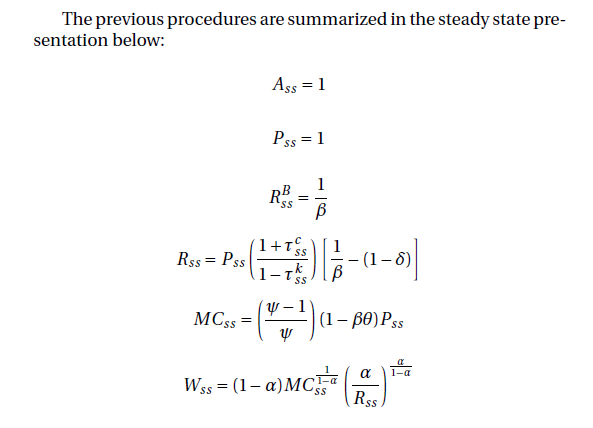### Understanding Uncollateralized Loans: What Is Meant by an Uncollateralized Loan?
#### What is meant by an uncollateralized loan?An uncollateralized loan, often referred to as an unsecured loan, is a type of loan that is not backed by any……
#### What is meant by an uncollateralized loan?
An uncollateralized loan, often referred to as an unsecured loan, is a type of loan that is not backed by any asset or collateral. This means that the lender does not have any claim to the borrower's property or assets in the event of default. Instead, the loan is granted based on the borrower's creditworthiness, income, and overall financial situation. This distinction is crucial for both borrowers and lenders, as it impacts the terms of the loan, including interest rates, loan amounts, and repayment periods.
#### The Nature of Uncollateralized Loans
Unsecured loans can come in various forms, including personal loans, credit cards, and student loans. Since these loans do not require collateral, they generally carry higher interest rates compared to secured loans. Lenders take on more risk when providing uncollateralized loans, as they cannot seize any property if the borrower fails to repay. Therefore, thorough credit checks and assessments of the borrower's financial history are essential components of the lending process.

#### Advantages and Disadvantages
One of the primary advantages of uncollateralized loans is that borrowers do not have to risk their assets. This feature makes them appealing to individuals who may not own significant property or do not wish to put their assets on the line. Additionally, the application process for unsecured loans is often quicker and more straightforward, as there is no need for property appraisals or complex documentation.
However, the disadvantages are notable. Due to the higher risk involved for lenders, uncollateralized loans typically come with higher interest rates. Borrowers with poor credit scores may find it challenging to qualify for these loans or may be offered loans with exorbitant interest rates. Furthermore, failure to repay an uncollateralized loan can lead to severe consequences, including damage to the borrower's credit score and potential legal action.

#### The Role of Credit Scores
Credit scores play a pivotal role in the approval process for uncollateralized loans. Lenders assess the borrower's credit history to determine their ability to repay the loan. A higher credit score generally results in better terms, such as lower interest rates and higher loan amounts. Conversely, borrowers with lower credit scores may face higher interest rates or outright denial of their loan applications.
#### Conclusion

In summary, understanding what is meant by an uncollateralized loan is essential for anyone considering borrowing money. These loans offer a way to access funds without risking personal assets, but they come with higher costs and risks. Borrowers must carefully evaluate their financial situation, creditworthiness, and the terms of any potential loan before proceeding. By doing so, they can make informed decisions that align with their financial goals and capabilities.
In an increasingly credit-driven economy, uncollateralized loans play a significant role in providing individuals with access to necessary funds. Whether for personal expenses, education, or other financial needs, they offer a flexible solution, albeit with inherent risks that must be managed wisely.